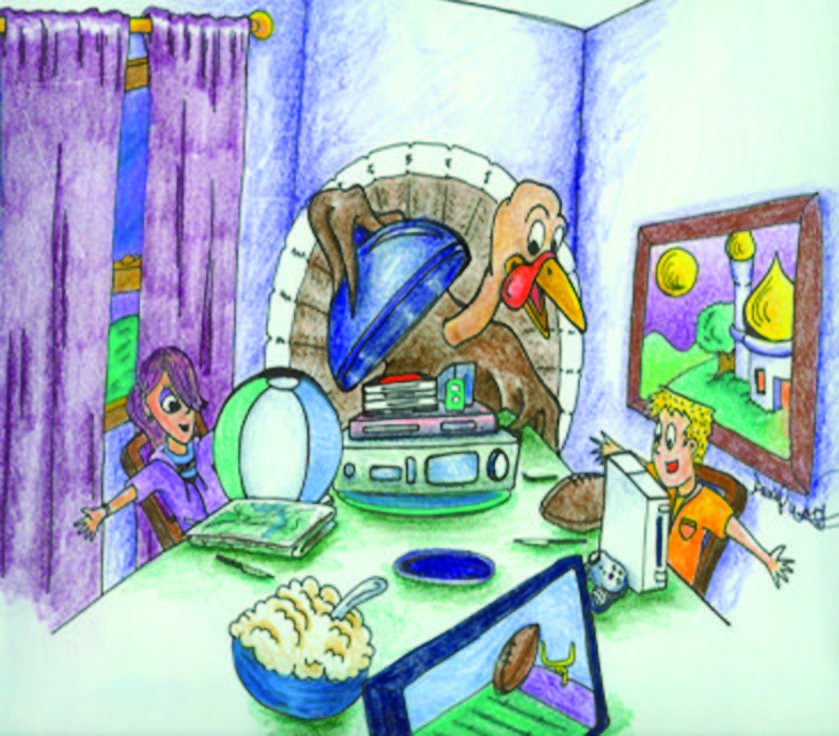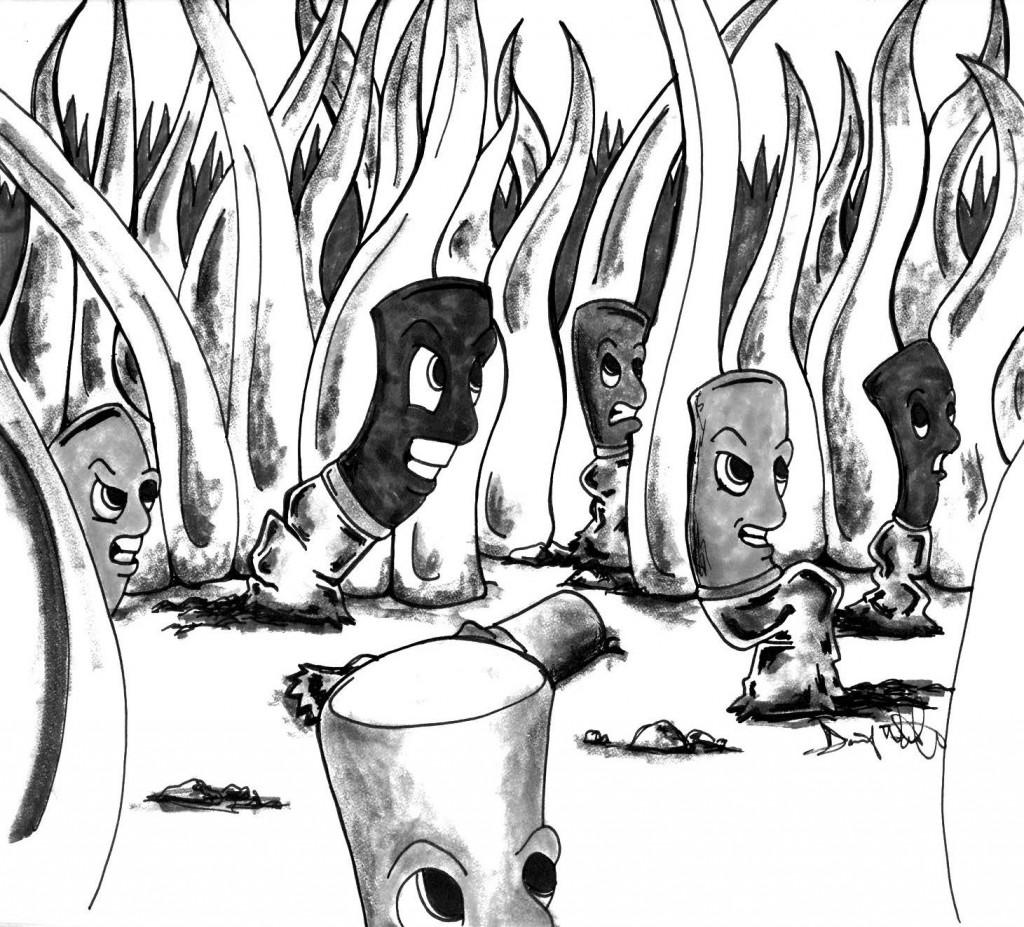By Colt Langley/reporter
When people think about how to deal with Alzheimer’s disease, they should consider not only the people who have the disease but also their caregivers, two experts told a NE Campus audience.
Dr. Kristin Martin-Cook, clinical research coordinator at UT Southwestern, and fellow speaker Shelly Young of the Alzheimer’s Association talked a great deal about caregivers when they spoke at the Alzheimer’s and Dementia seminar earlier this month.
“One of the hardest lessons for caregivers to come to terms with is realizing the very long goodbye they are facing with their loved one,” Young said. “For individuals with Alzheimer’s disease, it’s going to get worse. You never know what kind of a day it might be.”
Young described her firsthand experience in dealing with the disease. Her mother, who has Alzheimer’s, has trouble using words and understanding them when they are said to her.
Young described a light-hearted instance when her husband said the blessing before dinner one night. When he finished, her mother belted out something that resembled “whippee!”
This kind of outburst has become more common as her mother’s disease has progressed.
Young also spoke of a man who believed someone had come into his house and stolen his peanut butter. Once the man concluded that his peanut butter had been stolen, he grabbed his gun and searched his house for the perpetrator.
The peanut butter was in his refrigerator all along.
Young said this story emphasized the importance of getting an early diagnosis and taking measures before Alzheimer’s progresses to a later stage so that instances like the man grabbing a gun don’t happen.
Young expressed her dismay over people receiving poor diagnoses.
“Some groups are taking advantage of Alzheimer’s Awareness Month every November, setting up shop in front of large outlet stores like Wal-Mart and not having trained technicians making diagnoses,” she said.
“If someone needs a diagnosis, they need to go see a doctor in a medical setting.”
Statistics show that the most common type of dementia is the kind found in patients who have Alzheimer’s disease.
“I have to still educate some docs on the difference between Alzheimer’s and dementia,” Martin-Cook said.
Martin-Cook has studied Alzheimer’s and dementia-like illnesses for the past 14 years.
“One hundred percent of people with Down syndrome will develop Alzheimer’s disease,” she said.
She explained the science of what actually happens in patients with Alzheimer’s or dementia.
Beta amyloids, which create plaque in the brain, cause many parts of the brain to shut down.
Microglia, which she said are like the “boo boo Pacmen” of the immune system, fight and clear out the plaque. On the negative side, once microglia have finished eating away at the plaque, they will then turn to eat on healthy brain tissue.
In her first clinical trials at UT Southwestern, Martin-Cook focused on Aricept, now a common medication for reducing symptoms of Alzheimer’s disease. She said doctors know the drug works because every time they’ve taken patients off the drug, the patients’ symptoms have worsened.
“Some plummet no matter what,” she said. “If patients are off their medication for any number of days or weeks, when they go back on, they won’t get back to where they were.”
At the end of the seminar, Zanda Hilger, a representative of Caregivers Online, said people should stop denying that aging is a part of life in America.
“We need to educate ourselves as well as the older adults and figure out ways to identify the right type of health care that is available,” Hilger said.
“Diagnosis is just the beginning of this journey, and we need to promote teamwork and really support the primary caregiver.”



























